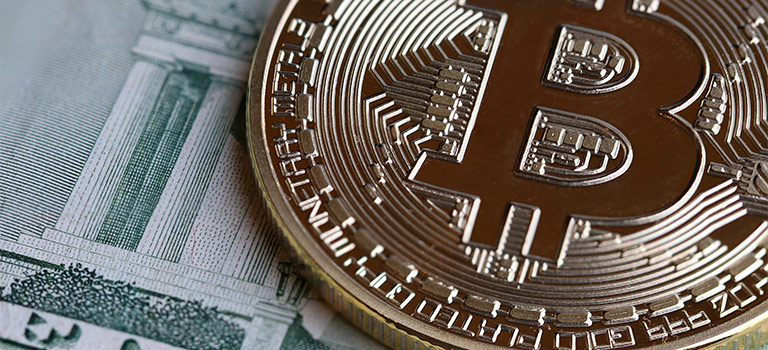PALO ALTO, Calif. (Reuters) - The Federal Reserve is taking a look at a broad variety of concerns around digital payments and currencies, including policy, design and legal factors to consider around potentially providing its own digital currency, Governor Lael Brainard stated on Wednesday. Brainard's remarks suggest more openness to the possibility of a Fed-issued digital coin than in the past." By changing payments, digitalization has the potential to provide higher worth and benefit at lower cost," Brainard said at a conference on payments at the Stanford Graduate School of Company.
Main banks globally are disputing how to manage digital financing innovation and the distributed ledger systems used by bitcoin, which guarantees near-instantaneous payment at possibly low cost. The Fed is establishing its own round-the-clock real-time payments and settlement service and is currently reviewing 200 remark letters submitted late in 2015 about the suggested service's design and scope, Brainard stated.
Less than two years ago Brainard informed a conference in San Francisco that there is "no compelling demonstrated requirement" for such a coin. However that was before the scope of Facebook's digital currency aspirations were commonly understood. Fed authorities, consisting of Brainard, have raised concerns about consumer defenses and information and privacy threats that might be posed by a currency that could enter into usage by the third of the world's population that have Facebook accounts.
" We are working together with other main banks as we advance our understanding of central bank digital currencies," she stated. With more nations checking out providing their own digital currencies, Brainard stated, that adds to "a set of reasons to likewise be making sure that we are that frontier of both research study Browse around this site and policy advancement." In the United States, Brainard said, concerns that require study include whether a digital currency would make the payments system more secure or simpler, and whether it might present monetary stability dangers, consisting of the possibility of bank runs if cash can be turned "with a single swipe" into the reserve bank's digital currency.
To counter the financial damage from America's unprecedented national lockdown, the Federal Reserve has taken unprecedented steps, including flooding the economy with dollars and investing directly https://pbase.com/topics/ravettrbzm/fedgover258 in the economy. Many of these relocations got grudging approval even from numerous Fed skeptics, as they saw this stimulus as needed and something just the Fed might do.
My new CEI report, "Government-Run Payment Systems Are Hazardous at Any Speed: The Case Versus Fedcoin and FedNow," details the dangers of the Fed's current strategies for its FedNow real-time payment system, and propositions for main bank-issued cryptocurrency that have been dubbed Fedcoin or the "digital dollar." In my report, I go over concerns about personal privacy, data security, currency adjustment, and crowding out private-sector competition and innovation.
Supporters of FedNow and Fedcoin state the government needs to develop a system for payments to deposit quickly, instead of motivate such systems in the private sector by lifting regulatory barriers. But as kept in mind in the paper, the economic sector is offering a seemingly endless supply of payment innovations and digital currencies to solve the problemto the degree it is a problemof the time space in between when a payment is sent out and when it is received in a bank account.
And the examples of private-sector innovation in this area are lots Visit website of. The Cleaning Home, a bank-held cooperative that has actually been routing interbank payments in numerous kinds for more than 150 years, has been clearing real-time payments since 2017. By the end of 2018 it was covering half of the deposit base in the U.S.
